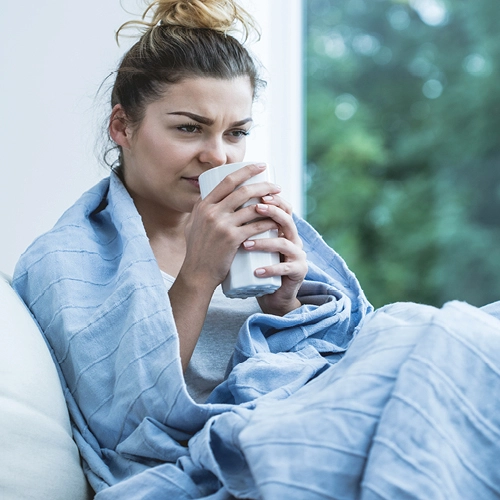
The Importance of Sleep
How you feel while you are awake will highly depend on what happens while you are sleeping. While you are asleep, your body is at work to support healthy brain functioning, optimum physical health, and excellent daytime performance.
Sleep fosters healthy brain functioning
Proper sleep helps your brain to function correctly by preparing it for the next day.
- It forms new pathways to assist with learning and retaining information.6
- It helps you make sound decisions, pay attention, and be creative.
Sleep deficiency, on the other hand, will alter significant activities in some parts of your brain. It can result in trouble with:
- Solving problems
- Making decisions
- Coping with change
- Controlling emotions
Sleep deprivation has also been linked to risk-taking behavior, suicide, and depression.6, 7
It enhances physical health
Sleep benefits the body physically by:
- Decreasing one’s risk of high blood pressure, stroke,7 diabetes,7 kidney disease, and obesity
- Sustaining a healthy balance of hormones like insulin, leptin, and ghrelin
- Strengthening the immune system,7 improving the body’s ability to help defend itself against harmful and foreign substances
- Triggering the release of growth hormones to ensure healthy growth and development among children and teens
It improves daytime performance
Deep sleep helps the body function productively throughout the day by ensuring:
- You have faster reaction times to stimuli.
- You finish your tasks quickly without making mistakes.
- You remember everything on your to-do list.
On the other hand, lack of sleep can result in micro-sleep.6 This refers to brief moments of sleep that happen when you are normally awake, and which you can’t control.
Sleep deficiency is something that should not be taken lightly. So if you are having trouble getting enough rest because of your cough, aim to implement the following ways to suppress coughing at night.
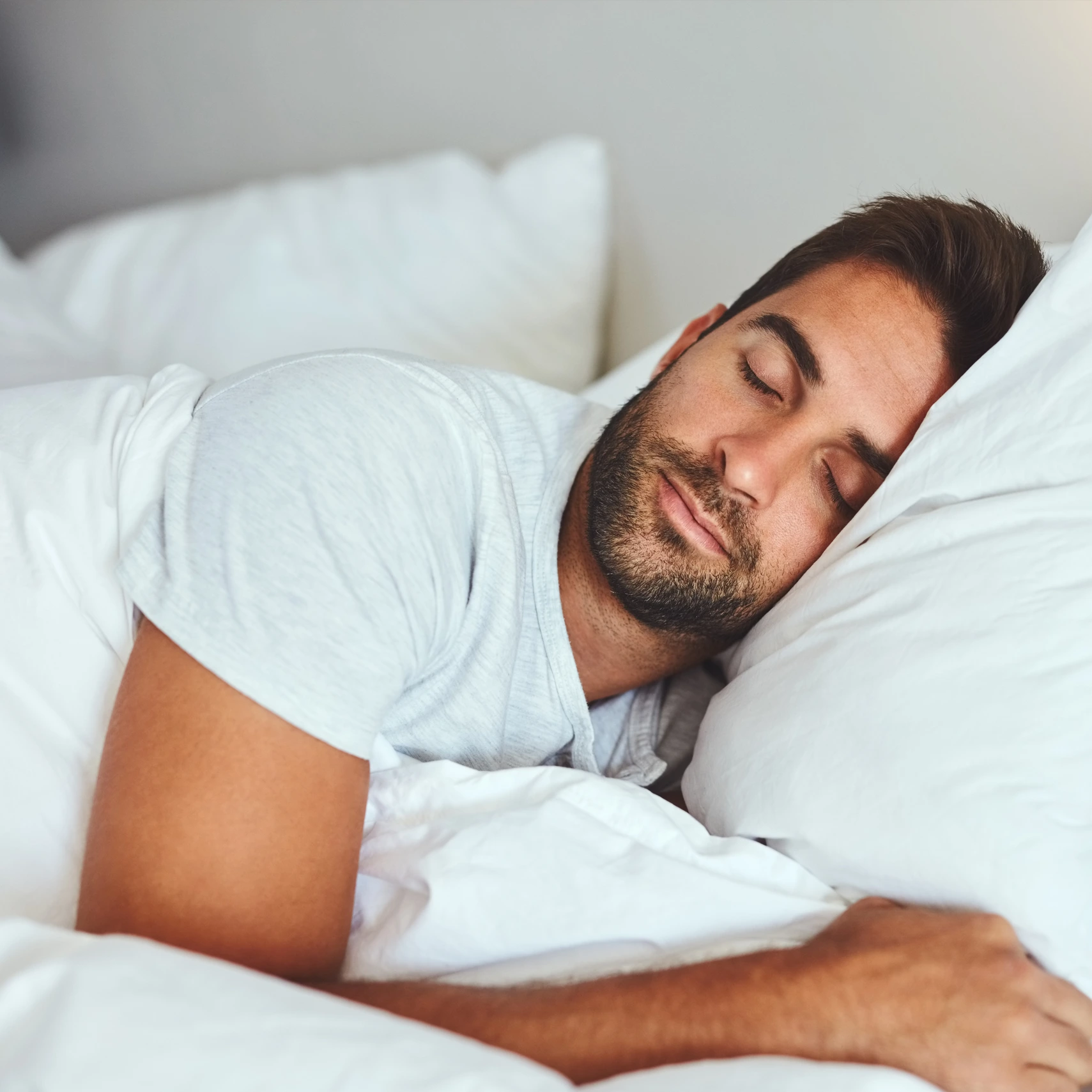-3.webp)
How to Stop Nighttime Coughing
If you are suffering from nighttime coughing, here are ways to stop it.
Use a humidifier
A cough can worsen with dry air,1 which can result from heating systems in the winter and cooling fans or air conditioning in the summer. Using a humidifier at night will:
- Add moisture to the air2
- Soothe your throat
- Help prevent coughing
Be cautious about the humidity level, though, because too much moisture will promote the growth of mold – an allergen that triggers coughing. Aim for a humidity level of 50%1 in your bedroom. You can use a hygrometer to measure your room’s moisture level.
Get rid of allergens
Dust
Mold
Pollen
Animal dander
As mentioned earlier, allergens like mold, dust, and pet dander can trigger allergic reactions. Common symptoms of allergies include stuffiness, sneezing, and coughing.
Remove these allergens from your home by:
- Cleaning your bedroom regularly3
- Washing your beddings weekly
- Removing things that attract dust, such as books, magazines, and trinkets
- Taking a shower before sleeping, especially if you’ve been outdoors
- Drink hot honey and lemon
A sip of hot honey5 and lemon before going to bed is highly recommended because:
- It can reduce throat irritation and loosen mucus.1
- It has antibacterial properties, particularly the honey content.3
- It can relieve a sore throat.
- It can boost your immunity due to the high vitamin C content of lemon juice.3
Alternatively, you can gargle with salt water8 as this can also ease an irritated or sore throat. You can add a half teaspoon of salt in eight ounces of warm water. Gargle this solution before going to bed to suppress coughing.
Consider over-the-counter cough medicines
If coughing prevents you from having a good night’s rest, consider taking cough medicines like expectorants and cough suppressants. Chesty cough medicine works by making the mucus thin so you can easily cough it out, while the latter works by blocking the cough reflex.4
Mucosolvan chesty cough syrup can provide cough relief for up to 12 hours. It works by:
- Loosening the mucus
- Clearing your airways
- Protecting your lungs
But if you want a dose that offers 24-hour cough relief, try our Mucosolvan® LA capsules. With its micro-pearls, this medicine works quickly and lasts throughout the day.
When to see a doctor
If nighttime coughing persists, despite trying all these remedies, it is best to see your doctor. Other symptoms that indicate that it’s time to visit your physician are:
- Chest pain
- Wheezing
- Persistent fever higher than 38.3°C
- Coughing up blood
- Trouble breathing
Stop nighttime coughing immediately to prevent the ill-effects of sleep deficiency with proper rest and self-care, and see a doctor should symptoms persist.
1. https://www.medicalnewstoday.com/articles/319498#outlook Last visited on 2 February 2021
2. https://www.health.com/condition/cold/how-to-stop-coughing Last visited on 2 February 2021
3. https://www.hollandandbarrett.com/the-health-hub/conditions/ways-to-help-with-coughing-at-night/ Last visited on 2 February 2021
4. https://symptoms.webmd.com/cold-flu-map/soothe-nighttime-cough Last visited on 2 February 2021
5. https://www.everydayhealth.com/hs/cold-and-flu-relief/nighttime-cough/ Last visited on 2 February 2021
6. https://www.nhlbi.nih.gov/health-topics/sleep-deprivation-and-deficiency Last visited on 2 February 2021
7. https://www.healthline.com/nutrition/10-reasons-why-good-sleep-is-important Last visited on 2 February 2021
8. https://www.healthline.com/health/allergies/best-natural-cough-remedies Last visited on 2 February 2021
a. Mucosolvan Syrup leaflet last revised in July 2022.
b. Mucosolvan 75mg capsules leaflet last revised in July 2022.
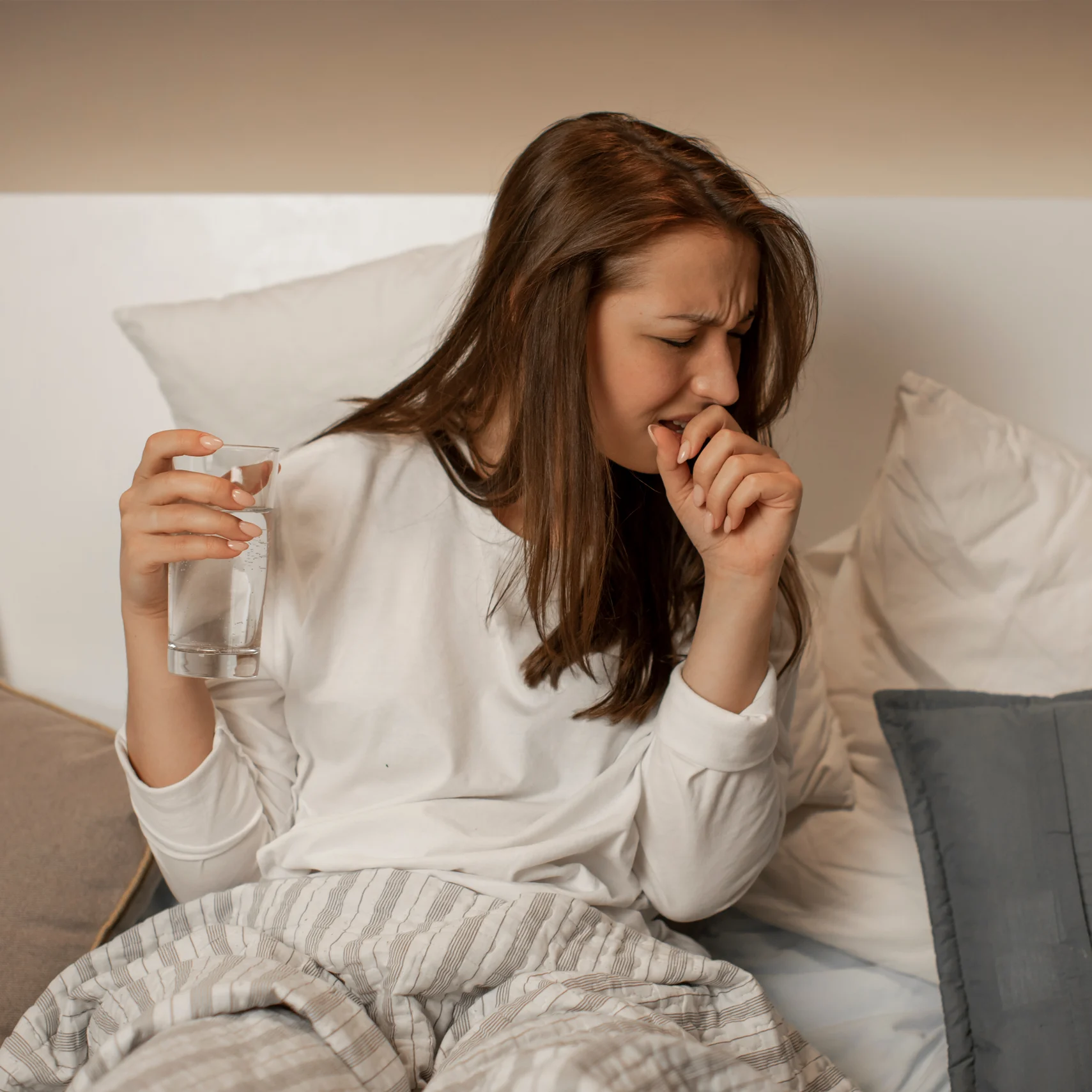
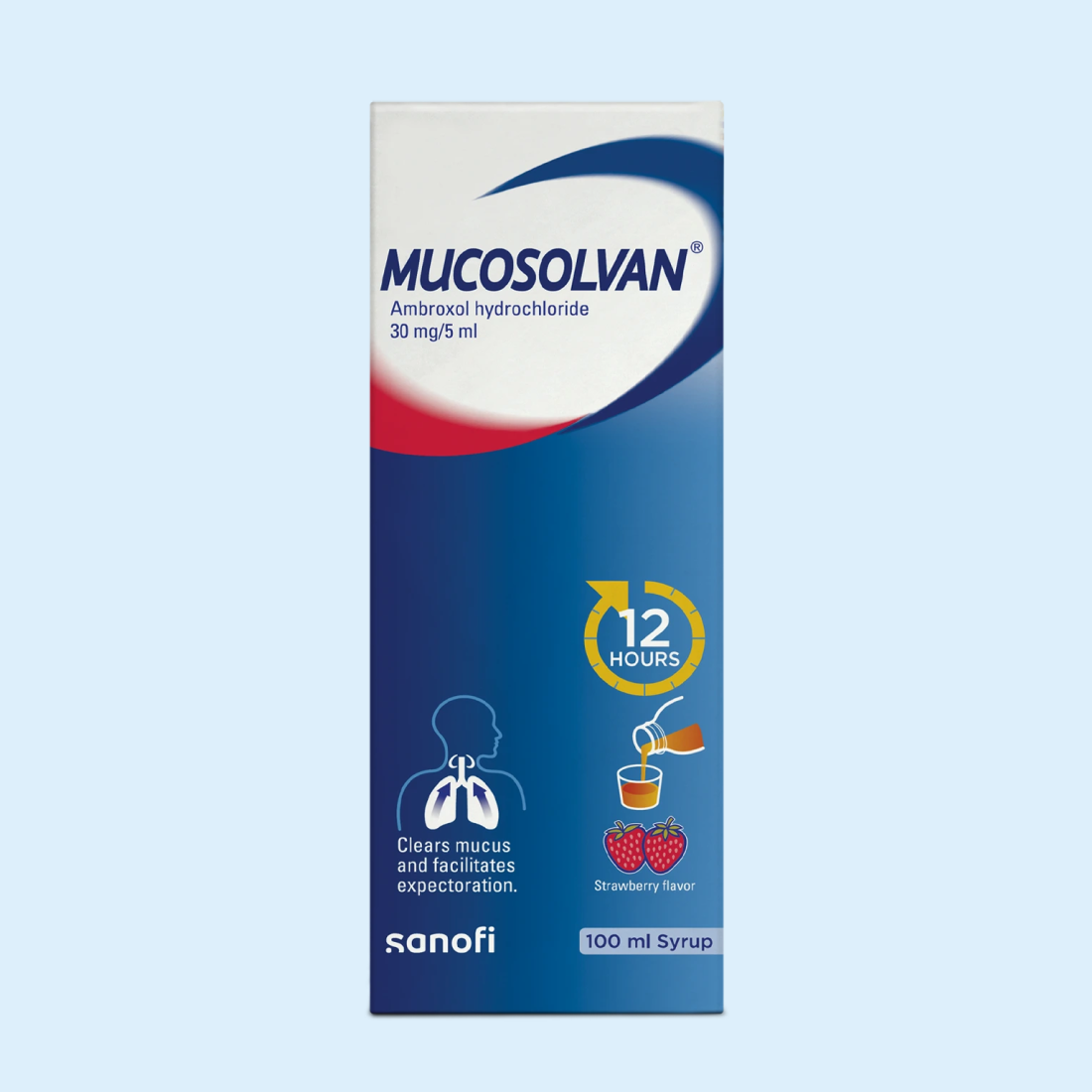
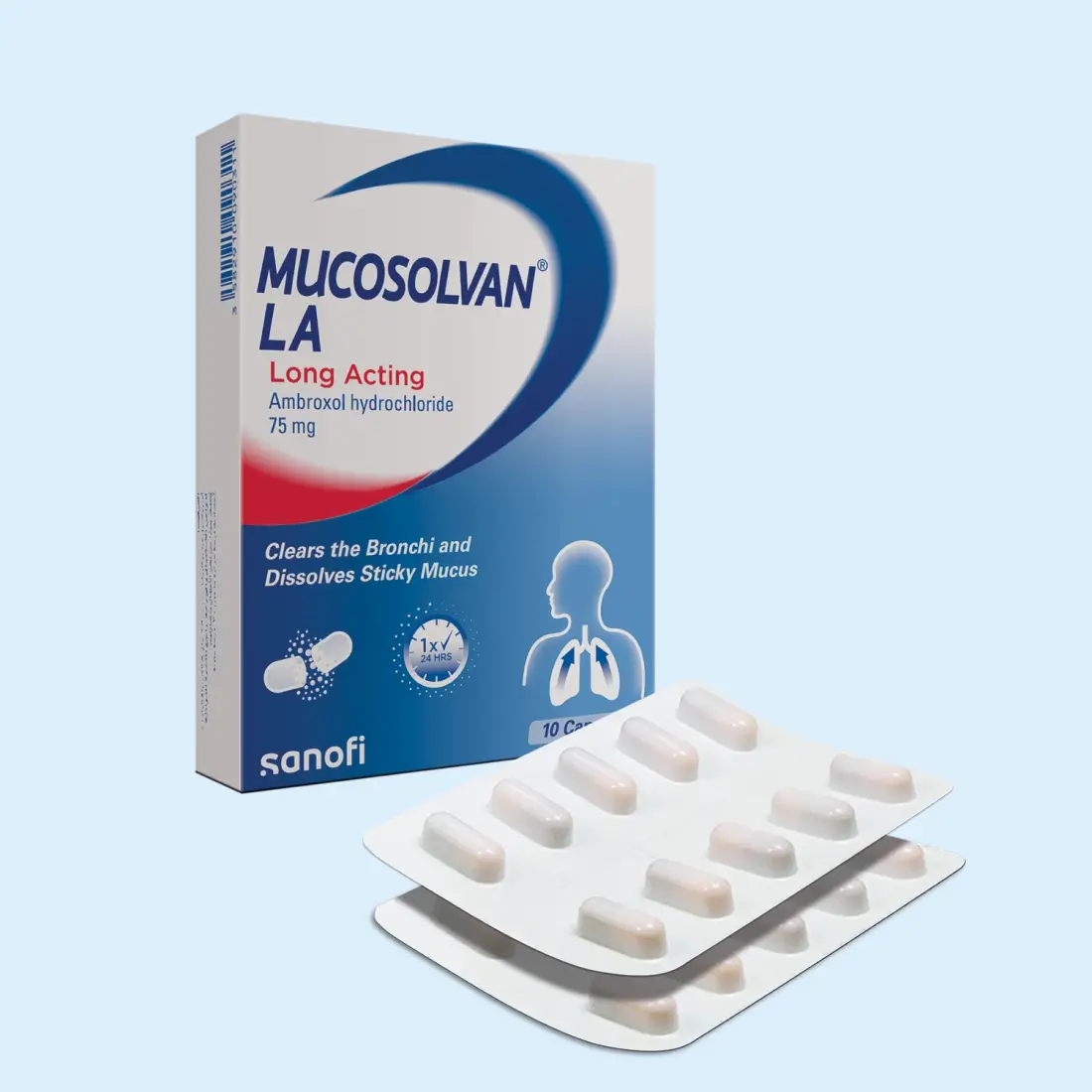
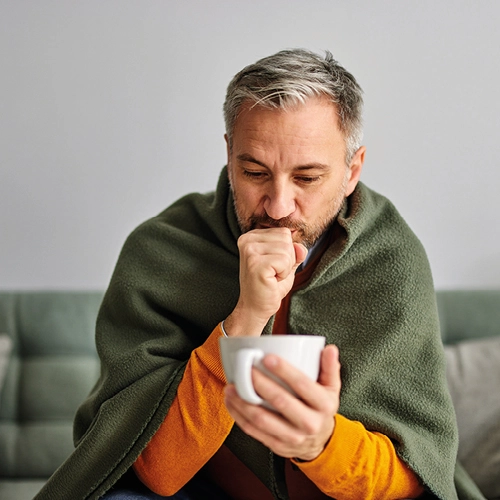
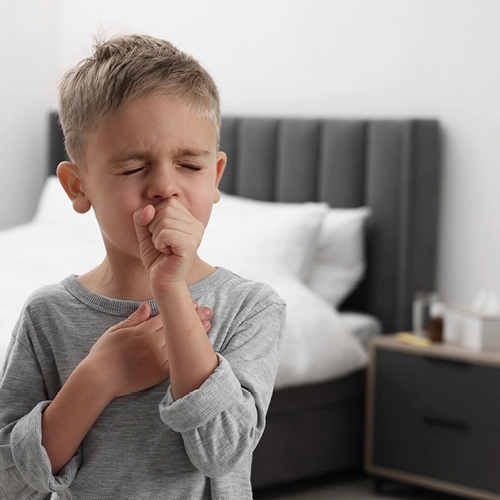
%20(1)%20(1).webp)
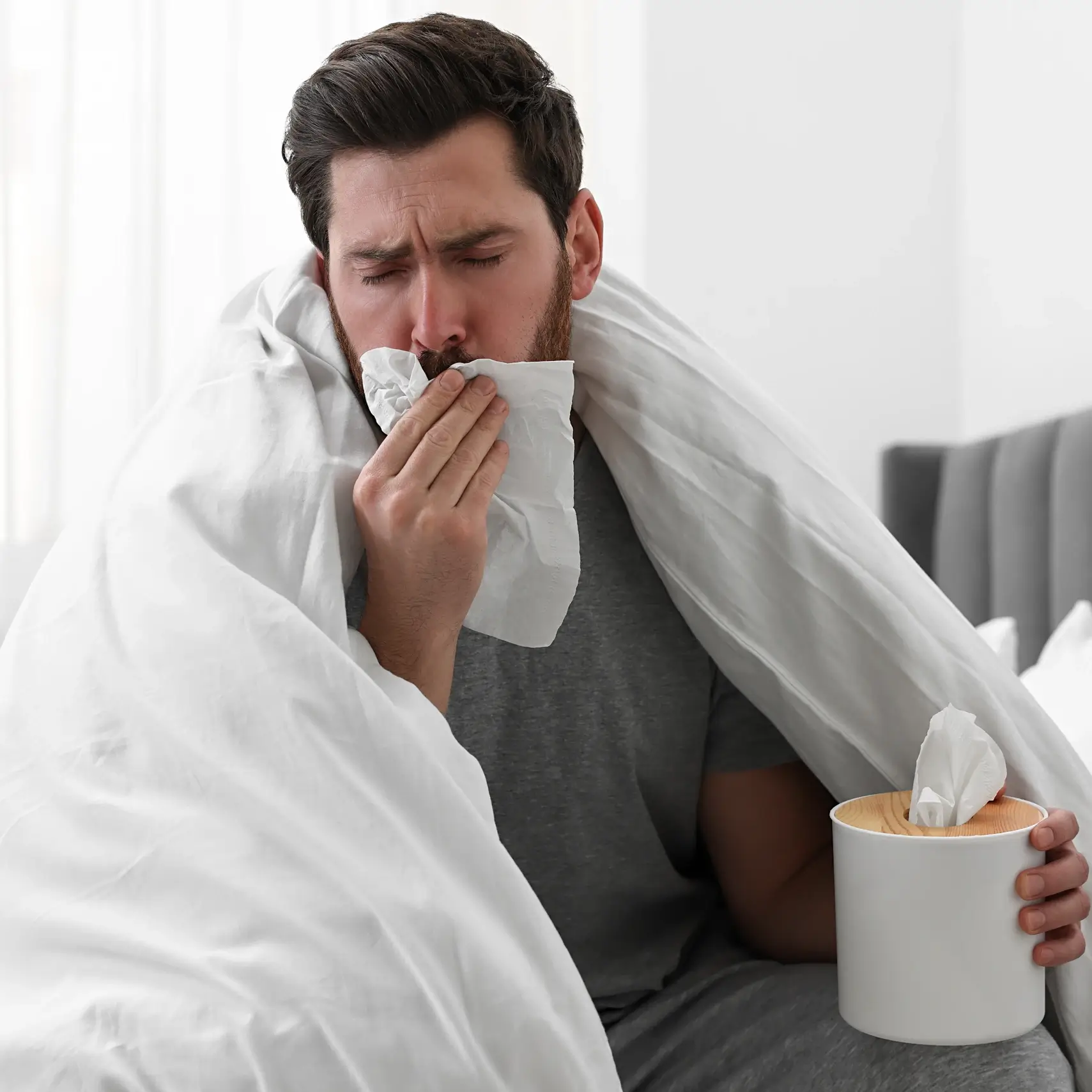%20(1).webp)
%20(1).webp)
-2.webp)

